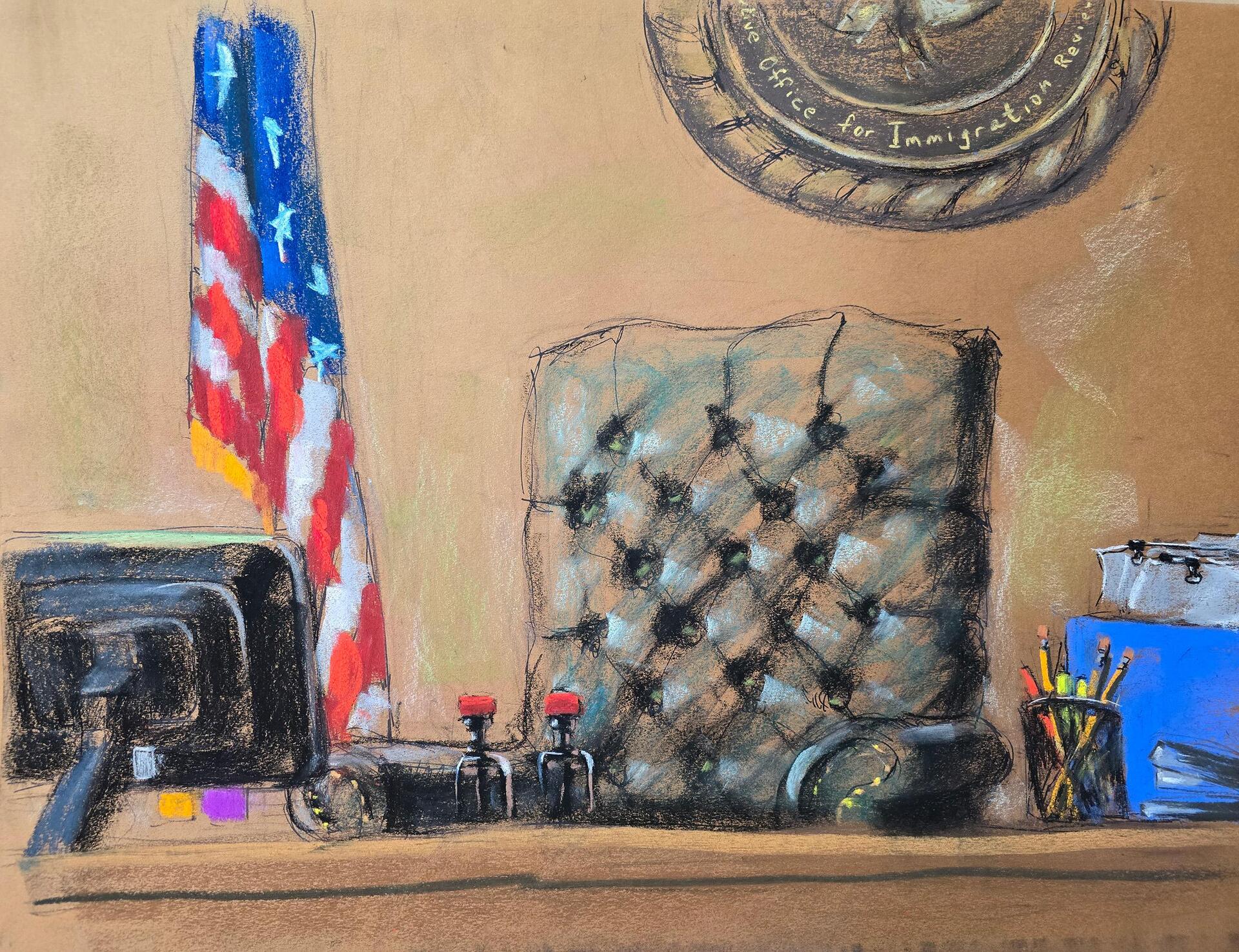
Artist: Steve Johnson (Unsplash)
Real quick before we start: You can subscribe here. And I’d love it if you took a second to think of a person who’d be into this sort of thing and send it to them, so they can think about subscribing too.
By Todd Snider
Genre: Memoir By A Person Successful Enough To Have Been Adjacent To Fame But Not Famous Enough To Really Have All That Much To Lose By Telling His Craziest Stories
Recommended For: Someone Who Ought To See Art (in this case, songwriting) Be Demystified And Cut Down A Notch By Someone Who Appreciates It More Than Some Pretentious Asshole Ever Could
Buy here or check out at your local library. (Don’t go to the Jeff Bezos website).
—
Todd Snider is a smartass.
As far as identities go, it probably ranks ahead of all the other ones you might label him with. Or maybe, it informs them. He sings. He writes songs. He does drugs. He tells stories. He has been known to combine no less than three of those things to create stuff that people love him for.
Those are actions, though, not labels. He is a smartass. That is both the type of person he is and the category of songwriter he is. It is also, apparently, the type of memoirist he is. Like most smartasses, you’ve got to bear with him.
Start reading Snider’s memoir and the first couple versions of over-confident jokes will probably make you think, Ok, I didn’t sign up for a guy who thinks he’s this funny, even though technically you literally did do that. And just like how there are smartasses you have come across in life who seem to have a countless number of friends despite initially rubbing you wrong in a “who brought this guy and why?” sort of way, you inevitably are clued into why they have so many friends, not with specific examples but with just a kind of principled charm that won you over at some unknown point. That’s a thing that a certain brand of smartass is capable of. They can make themselves seem like minor celebrities, where you’re telling someone else about them the next day. The person hearing you describe them is sort of nodding their head like “It’s not that I don’t believe you that this person is cool, it’s that I don’t care.” Meanwhile, you wish you were back hanging around with the smartass again, instead of this less interesting person.
That’s a bit like reading Todd Snider’s memoir. Hopefully, you have a Todd Snider fan in your life because you’ll want to talk about some stuff.
In an outlaw country, folky, rocky (whatever you want to call it) music scene that has been lousy with court jesters over the past five or six decades, Snider has pretty honorably held the title since about the mid-nineties. He idolized Jerry Jeff Walker and makes clear in the book that when he discovered Walker as a young man, life changed: He would become him. Go to all his shows. Get passable at guitar. Write a bunch of songs. Whatever happens will be better than a life that doesn’t involve emulating Jerry Jeff Walker.
The book is barely in chronological order. It hops around. The majority of the chapters center around him getting opportunities around legends of his genre - idols who the most clear-eyed version of him would scratch and claw just to share a room with - followed by him doing something monumentally idiotic to screw up that opportunity.
Typically, said legend forgives him, either giving him another opportunity or at least not holding such a grudge as to not diminish his chances of working in the music industry going forward. As such, it’s really a love letter to these people, an inside look at the grace of some of your favorite outlaw country renegades from someone willing to debase himself on the written page. One of the artists deemed a real and authentic songwriter by people uptight enough to take such labels seriously, Snider also goes out of his way to praise figures like Garth Brooks and takes to task critics whose ideas about songs are so simple as to dismiss something for being extremely popular. His personal recollections about Brooks are indeed interesting and represent a contrast between the burned bridges in some of his other industry dealings, which were lower stakes financially but higher stakes personally. Snider cuts the legs out of the simple scapegoat of the “music industry.” The Biz might get you, sure, but so might run of the mill professional jealousy, desperation, stupidity, addiction or refusing to be honest with yourself and others. All of that can come at any step of the journey.
It is sort of a “tell-all” from a guy who A.) doesn’t take himself seriously and B.) does actually seem to have been learning a lot about himself along the way; whether or not they were correct lessons, they were earnest ones. He doesn’t necessarily consider himself an enormous success (compared to more than half of the names in the book, he is less successful), so the book doesn’t read like “Here’s how I made it.” Rather it reads more like “Here’s how I ended up at this particular point in life (hint: by seizing the opportunity for a lot of crazy stories).”
For the formula to really work though, all those smartass chapters have to be contrasted with something at some point. I mean, he makes very clear that Jerry Jeff Walker is an almost religious figure for him, and there’s a chapter in this book about waking up and seeing one of Walker’s testicles, so the book mostly operates from a point of undercutting sentimentality. But there has to be a moment where it feels like the guy is too grounded to joke, just so we know that’s possible.
Among those few moments in this memoir is the chapter about Kris Kristofferson. I don’t really know how to describe it except to say that he basically articulates the idea that how we might hope Kris Kristofferson is like based on his songs is almost true; actually, those songs are just a few minutes, and he’s a living breathing guy carrying the ethos of those words with him everywhere. The chapter’s not all that long, but Snider describes meeting Kristofferson and his friendship with him. He tries to sum up Kristofferson’s career in his own words, from his own perspective. He’s not attempting to convince us of anything like he is in the other chapters. It reads like he is just putting down on the page sentiments that he has tried to remind himself over the years.
“In our line of work, if you’re going to start showing everybody the nooks of your heart, you are not only going to be perceived as eccentric, but over the years you may become exactly that. It snowballs, and Kristofferson is there to let you know that’s actually good, and to enjoy the roll down the hill. When you’re around him, it makes you want to go home and paint a picture no one's going to see. It makes you artistic and weird, makes you want to follow your bliss.”
Kristofferson was still alive when this book came out. He would be for another decade. He died in 2024. I had just given the valet the keys to my 2001 Toyota 4Runner at the fancy restaurant where my wife and I were doing a happy hour celebration for our one-year anniversary when the news hit the internet. Our phones stay tucked away at dinner time, but scrolling is what you do when the hostess looks over the reservation sheet to decide if you’re still worthy of eating at a place like this. So, we found out.
There was a processing moment. We ordered drinks. Then we just stared at each other. And I watched a couple tears go down my wife’s face.
There’s an intensity to that kind of loss sometimes. It’s not just thinking that they’re gone. It’s that you’ve sort of put off trying to wrap your head around everything they contributed and everything they represented and how different everything would be if they never existed. That is overwhelming. And sometimes you have to decide I am going to put that off again and I am going to smile.
“If you waste your time a-talkin’
To the people who don’t listen
To the things that you are sayin’
Who you think’s gonna hear?
And if you should die explainin’
How
The things that they complainin’
About
Are the thing they could be changin’
Who do you think’s gonna care?
There were other lonely singers
In a world turned deaf and blind
Who were crucified for what they tried to show
And their voices have been scattered by the swirlin’ winds of time
‘Cause the truth remains that no one wants to know.”
-The Devil
“If I don’t ever have a nickel,
I won’t ever die ashamed,
‘Cause I don’t believe no one wants to know.”
-Kris Kristofferson
3 More Things You Can Read Today:
-A weekend with iconic songsmiths
-Ann Powers on ‘High Fidelity’ and the power of talking about music
-The Associated Press Does Free PR For Crisis Pregnancy Centers
This American Life can still throw heat

The Hand That Rocks The Gavel
I’m not a regular listener of This American Life, but I’m an occasional/sporadic listener, as someone who just constantly needs to fill a public radio voice well in me when it gets too empty….And man, this episode was really an impressive piece of journalism in my opinion. Getting immigration judges to speak on the record for a narrative radio show takes some real deal reporting. Listen to the whole episode here.
‘til next time buckaroos…
